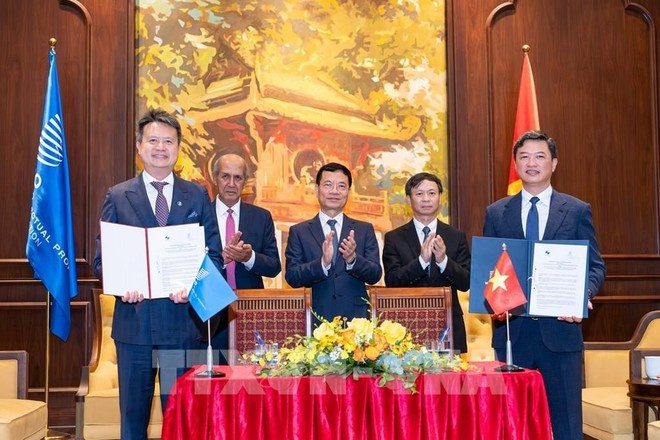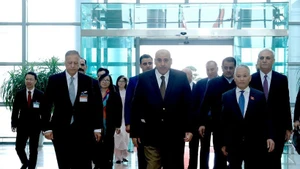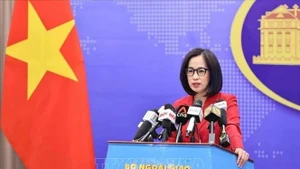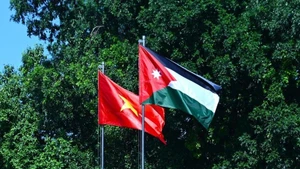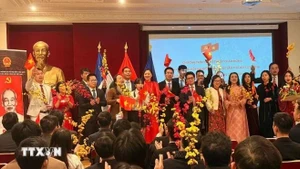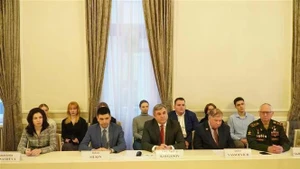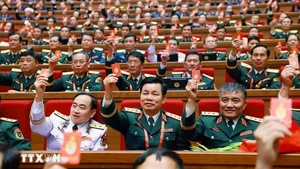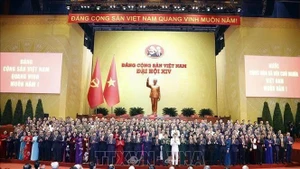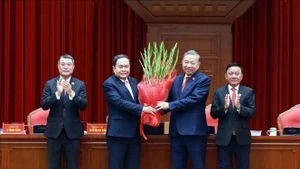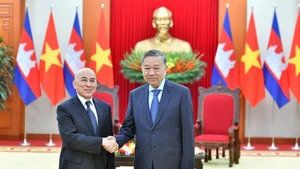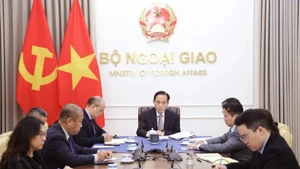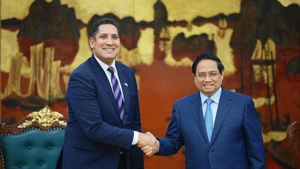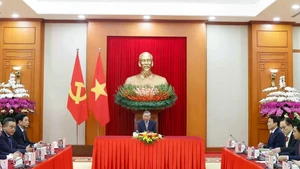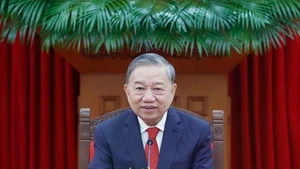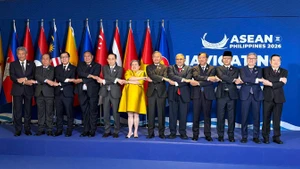Viet Nam and the World Intellectual Property Organisation (WIPO) signed a Memorandum of Understanding (MoU) on intellectual property (IP) cooperation in Ha Noi on September 25, as part of WIPO Director General Daren Tang’s visit to the country.
The MoU, signed at the headquarters of the Ministry of Science and Technology (MOST) between Daren Tang and Luu Hoang Long, Director of the MOST’s Intellectual Property Office of Viet Nam, sets out a comprehensive framework for IP cooperation. It covers a wide range of areas from policy and legislative development to raising awareness, training human resources, supporting enterprises, and strengthening the capacity of Viet Nam’s IP authority.
The agreement aims to support Viet Nam in achieving breakthroughs in science, technology, innovation, and digital transformation.
Priority areas include reviewing and implementing national IP legislation and strategies, enhancing the use of international IP registration systems, and building capacity for intermediaries, small- and medium-sized enterprises (SMEs), and start-ups in managing, protecting, and commercialising IP assets.
The two sides also agreed to promote the creation and commercialisation of domestic IP, including strengthening university–business cooperation, advancing technology transfer, and conducting research on IP’s contribution to socio-economic development.
Other priorities involve expanding IP training across all levels, developing professional skills, raising public awareness, and applying digital and artificial intelligence solutions in IP examination and dispute resolution, including mediation mechanisms.
Viet Nam’s IP Office will serve as the focal point for implementing the MoU, while WIPO’s Asia and the Pacific Division will coordinate from the organisation’s side.
The MoU is expected to mark a new chapter in Viet Nam–WIPO cooperation, particularly as global trends shift from IP protection to IP commercialisation. It also underlines MOST’s strategic role in guiding Viet Nam’s IP development in the new era.
Earlier the same day, Minister of Science and Technology Nguyen Manh Hung held a working session with WIPO Director General Daren Tang.
Tang praised Viet Nam’s recent policies on science, technology, innovation, and digital transformation, highlighting the Politburo’s Resolution 57-NQ/TW issued on December 22, 2024 on breakthrough development in these fields. He said WIPO stands ready to work closely with Viet Nam to turn its innovation goals into concrete outcomes, including job creation, business growth, and new products and services.
Hung proposed that WIPO design a support programme to help Viet Nam enter the world’s top 30 in the Global Innovation Index in the next five to ten years. He acknowledged the challenge of this target and stressed that support from WIPO and its Director General would be crucial to achieving it.
